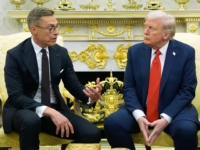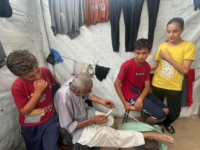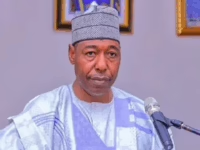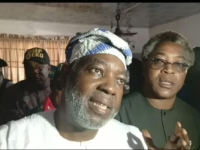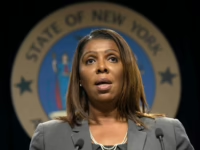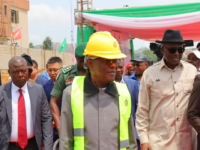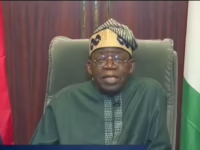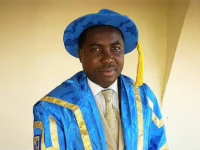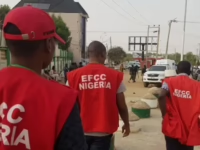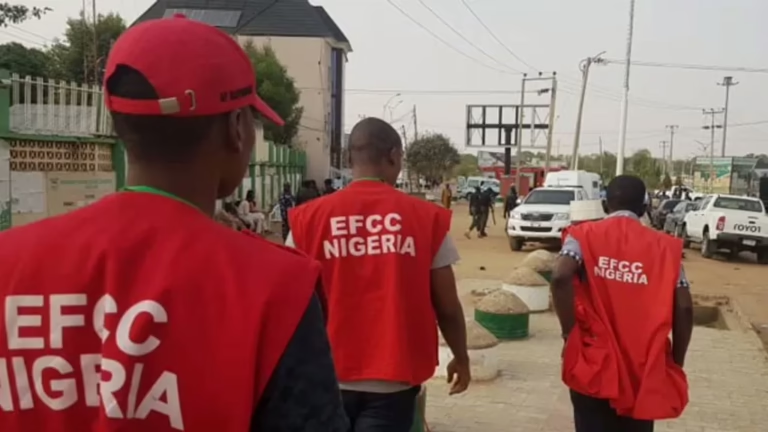Since its inception 22 years ago, the Economic and Financial Crimes Commission (EFCC) has apprehended more than 17,000 individuals suspected of engaging in various financial offenses.
This information was shared by EFCC spokesperson, DCE Dele Oyewale, during a one-day awareness seminar organized for Civil Society Organisations (CSOs) and journalists at the commission’s Kano Zonal Office in Kano State on Thursday.
Oyewale highlighted that despite the significant number of arrests and convictions over the years, financial crimes continue to escalate, largely due to systemic vulnerabilities that need urgent attention to safeguard the country’s economic stability.
He further explained that under the stewardship of Ola Olukoyede, the EFCC has implemented a proactive approach targeting Ministries, Departments, and Agencies (MDAs) to detect and prevent financial leakages. He pointed out that “approximately 90 percent of corruption cases in Nigeria stem from irregularities in the procurement process.”
With a workforce of roughly 5,000 personnel nationwide, Oyewale stressed that the EFCC cannot single-handedly tackle the growing menace of financial crimes. He therefore called for robust cooperation from the media and civil society groups.
“Our responsibilities intersect in ensuring accountability and transparency. It is imperative that the press and civil society remain vigilant and proactive in scrutinizing corruption-related matters,” he asserted.
Earlier in the event, the Acting Zonal Director of EFCC in Kano, DCE Sa’ad Hanafi, emphasized the pivotal role of CSOs and journalists as catalysts for reform and essential partners in combating corruption, cybercrime, and fraud linked to cryptocurrencies.
Sa’ad cautioned that criminal activities are shifting from conventional methods to more complex, technology-driven scams that not only devastate individual livelihoods but also erode trust in the financial system.
He encouraged attendees to view the workshop as an opportunity to foster collaboration and open dialogue, underscoring that “the battle against corruption requires a united national effort, not isolated actions.”
The workshop included comprehensive sessions covering topics such as crimes involving cryptocurrencies, investigative techniques, prosecution strategies, and preventive measures to address financial offenses effectively.





